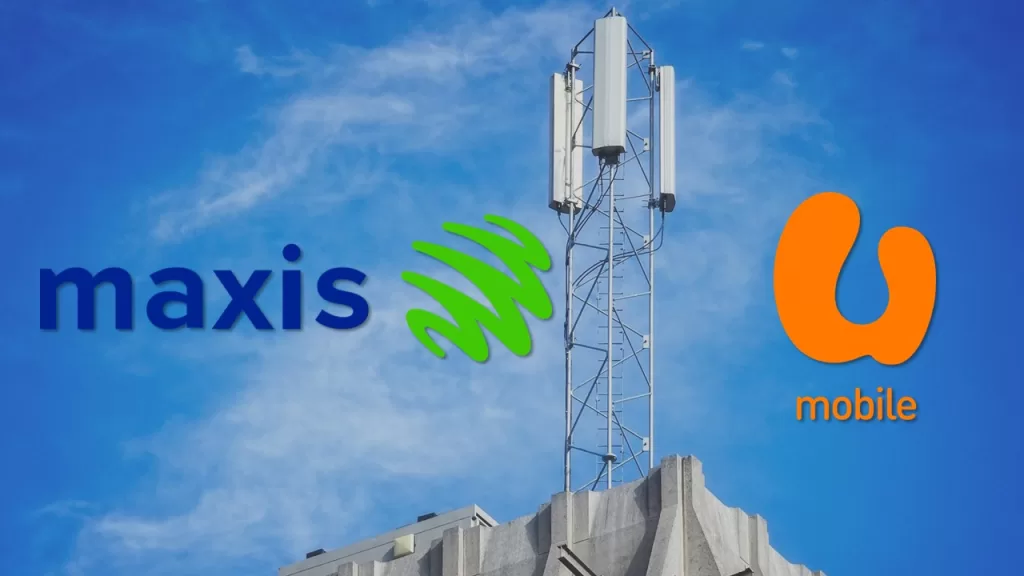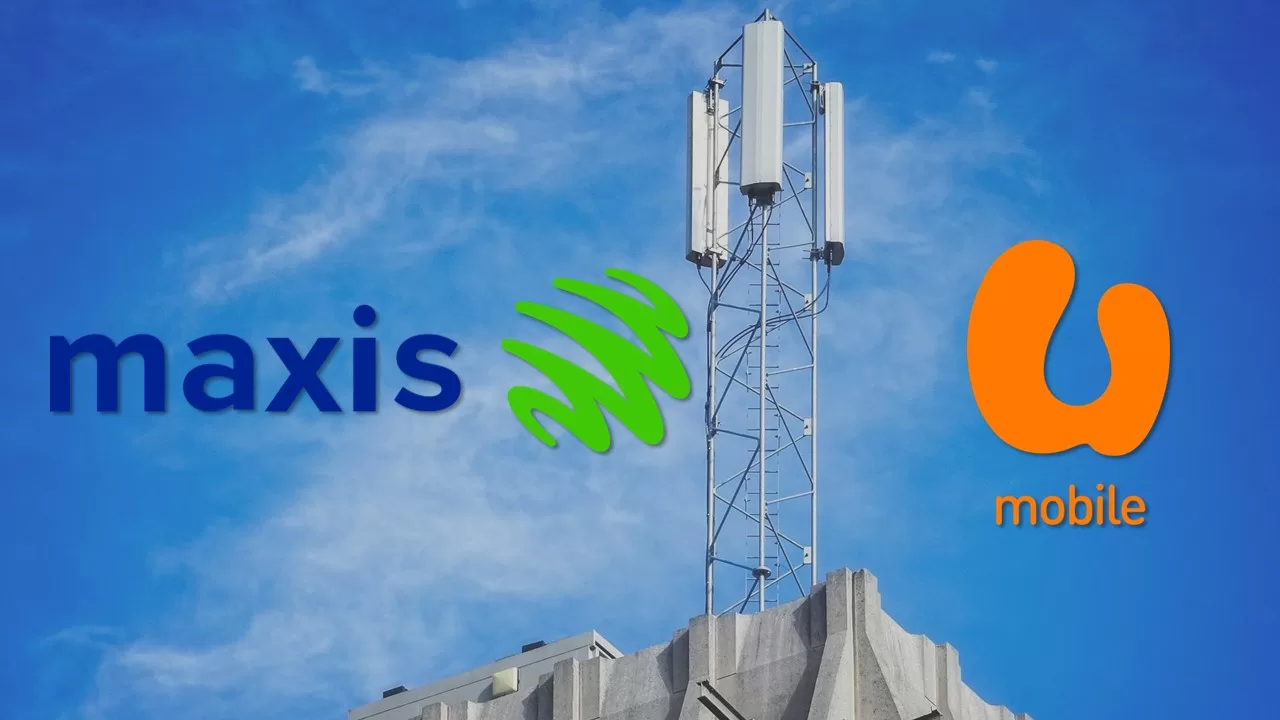Malaysia’s telecommunications landscape could be on the cusp of a major shakeup, with Maxis Bhd., one of the country’s leading mobile operators, reportedly considering a buyout of its rival, U Mobile Sdn Bhd. This potential merger, if successful, would mark the second significant consolidation within the industry following the recent Celcom-Digi merger announced in May 2024.

Strategic Move to Consolidate Two Rivals on the Same Page
News of the potential Maxis-U Mobile deal emerged in mid-July 2024. Sources close to the matter claim that Maxis has expressed interest in acquiring U Mobile, with talks currently in their early stages. This move comes at a time when Malaysia is actively accelerating its transition to 5G technology, and both companies are vying for a strategic advantage.
The potential Maxis-U Mobile merger mirrors the recent Celcom-Digi union, which seeks to create a dominant player in the 5G space. With the Malaysian government aiming to roll out nationwide 5G coverage by 2024, consolidation within the telecommunications sector appears to be a strategic move for companies to strengthen their infrastructure and investment capabilities. Notably, U Mobile has been at the forefront of 5G development, collaborating with EDOTCO, a state-owned tower company, to spearhead the deployment of the second 5G network in Malaysia.

While Maxis seems keen on acquiring U Mobile, the latter has reportedly rejected the initial buyout offer. U Mobile, currently the third-largest mobile operator in Malaysia with over 9 million subscribers, is said to be valuing itself at more than RM10 billion (approximately USD 2.3 billion). Interestingly, U Mobile has been contemplating an initial public offering (IPO) since 2021, suggesting an alternative path towards growth and expansion.
MCMC Ready to Oversee Merger
The Malaysian Communications and Multimedia Commission (MCMC) has expressed its readiness to establish guidelines should Maxis and U Mobile decide to proceed with the merger. The regulator’s focus will likely be on ensuring healthy competition within the market and preventing the creation of a monopoly that could stifle innovation and ultimately harm consumers.
The potential benefits of a Maxis-U Mobile merger are multifaceted. It could lead to a more efficient allocation of resources, reduced network duplication, and potentially lower prices for consumers. However, concerns exist about the potential reduction in competition, which could lead to higher prices and a lack of choice for users. Additionally, job losses within both companies due to potential redundancies remain a key concern.
The potential Maxis-U Mobile merger is shrouded in uncertainty at this point. While Maxis has expressed interest, U Mobile appears hesitant. Both companies have their own strategic considerations, and the MCMC’s regulatory oversight further complicates the picture. However, one thing is clear: if successful, this merger would significantly redraw the Malaysian telecommunications landscape.
It remains to be seen whether the Maxis-U Mobile deal will materialize. However, this potential consolidation serves as a reminder of the ongoing transformation within Malaysia’s telecommunications sector. As the race for 5G dominance heats up, further consolidation and strategic realignments within the industry are not out of the question. Whether these developments benefit consumers or stifle competition depends on the regulatory framework and the companies’ commitment to providing high-quality services at affordable prices.
